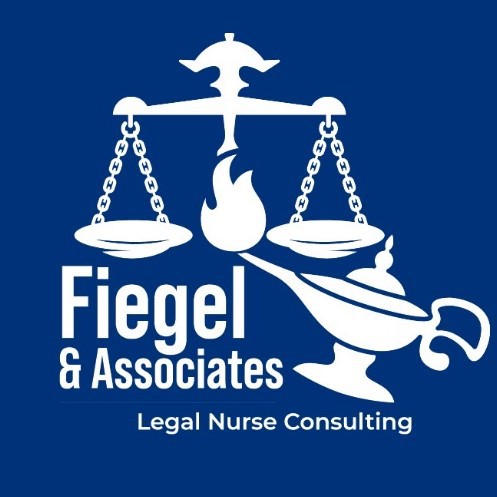The Joint Commission (TJC) is a critical entity in the U.S. healthcare landscape, dedicated to improving the quality and safety of care provided to patients. Established in 1951, TJC is an independent, nonprofit organization that accredits and certifies healthcare organizations and programs. Its accreditation is recognized as a symbol of quality that reflects an organization’s commitment to meeting certain performance standards. Certified Legal Nurse Consultants (CLNCs) must understand the significance of TJC and its role in promoting quality care, as it often intersects with legal matters.
TJC establishes rigorous standards that healthcare organizations must meet to achieve accreditation. These standards cover various aspects of patient care, including safety protocols, clinical practices, and organizational management. CLNCs often find themselves involved in legal cases where compliance with TJC standards is a critical factor. By reviewing medical records and assessing adherence to these standards, CLNCs can identify potential lapses in care that may have contributed to adverse outcomes.
In addition to evaluating compliance, CLNCs may assist legal teams in understanding the implications of TJC standards in malpractice cases. They can provide insights into how deviations from these standards may constitute a breach of the duty of care, thereby strengthening the legal argument. Furthermore, CLNCs may identify expert witnesses who can testify about TJC standards and their importance in ensuring patient safety.
Case examples underscore the significance of TJC in legal proceedings. For instance, a CLNC might uncover that a healthcare provider failed to implement TJC-recommended safety protocols, leading to a patient injury. This discovery can significantly impact the outcome of the case, as it demonstrates a clear deviation from established standards.
In conclusion, Certified Legal Nurse Consultants play a vital role in understanding and interpreting the standards set by The Joint Commission. Their expertise in evaluating compliance and assessing the implications of TJC standards enhances the effectiveness of legal proceedings. As TJC continues to promote quality and safety in healthcare, CLNCs will remain essential in ensuring that legal cases are informed by best practices and evidence-based guidelines.

